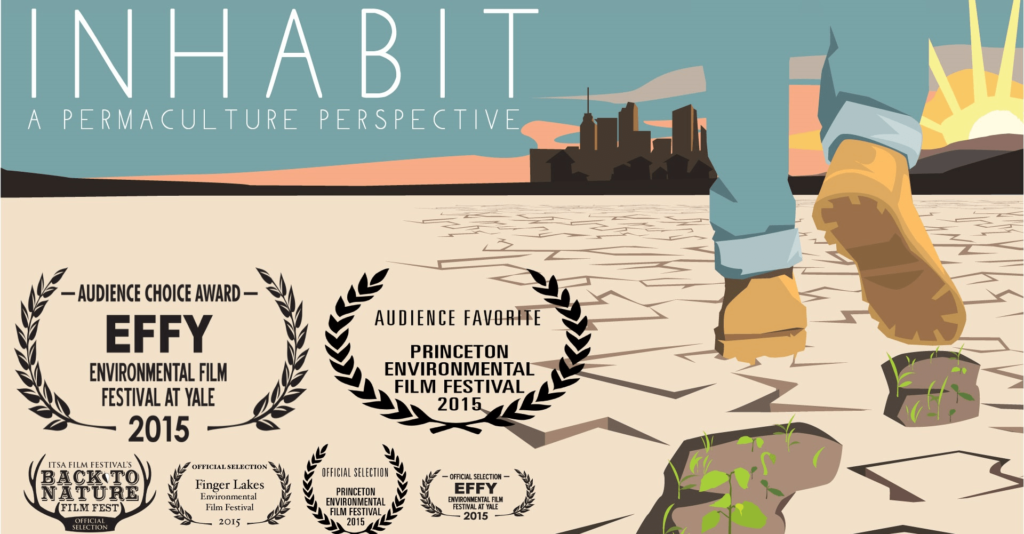
Movie review: “Just Eat It”
Did you know that about 40% of food produced globally goes to waste? That before it even makes it to market, 20-70% of fruit gets discarded just because of aesthetics? And that households, not restaurants or grocery stores, are the largest source of food waste?
All food contains embodied energy and resources – for example, a 1/3-pound burger requires 660 gallons of water.[1] In addition to the ethical issue, 97% of the food wasted goes to landfills, where it ends up creating methane, a potent greenhouse gas that contributes to climate change. People often think that the “sell by” or even “best by” dates are the date by which it must be consumed- this is not the case. Food is often good for days or weeks after that. All of this is highlighted in the recent film, Just Eat It, which follows an American couple who lived off food waste for 6 months — not buying any food, only eating what was discarded. Seeing them find trash bins full of fresh food was depressing and eye-opening.
So what can we do?
- Take stock before shopping so you only buy what you need
- Prioritize perishables in your fridge, and store them in Green bags that keep food fresher longer (debbiemeyer.com/products)
- Freeze and label leftovers
- Support groups like Community Solidarity which rescues food and gives it to those in need right here on LI
- Help raise awareness; that’s what led to legislation like the Good Samaritan Act of 1996 which encourages food donation to nonprofit groups
For more tips on not wasting see: foodwastemovie.com
Books on Food Waste:
- American Wasteland, by Jonathan Bloom
- Waste, by Tristram Stuart
[1] http://www.latimes.com/food/dailydish/la-dd-gallons-of-water-to-make-a-burger-20140124-story.html






